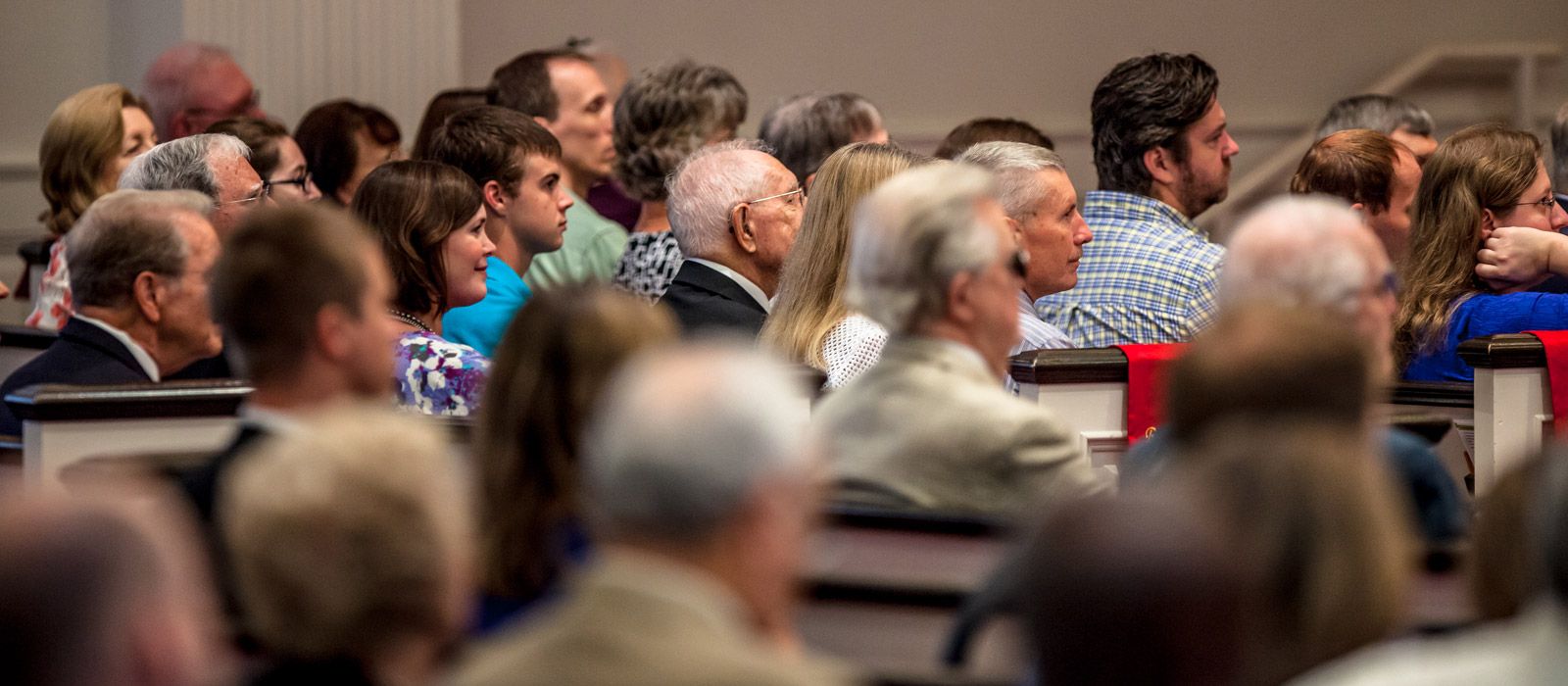A PEOPLE OF RESTORATION
This Sunday, we will conclude our series on being a people of light in a world of darkness by studying what it means to be a people of restoration in a world of destruction. It should come as no surprise that we will spend some time looking at forgiveness, which is something that all of us will need to give and receive countless times throughout our lives.
Even those instances when we may be willing to accept that we have wronged others, we often fail to adequately convey that to those we have hurt. Over the years, one of my most trusted resources in this area has been Peacemaker Ministries, whose mission is to encourage and equip Christians and their churches to respond to conflict biblically. They have identified seven aspects of confession that serve as a useful guide to each of us whenever we need to seek forgiveness.
- Address everyone involved. Consider everyone your actions may have affected and reach out to all of them as appropriate. Of course, anytime we sin, God is at the top of such a list (Psalm 51:4).
- Avoid if, but, and maybe. Resist the temptation to explain or justify what you did that was wrong. Rationalizing your sin or trying to share the blame with others reveals that you are not taking full responsibility and lets the other person know that your confession is less than sincere.
- Admit specifically. Rather than offering a generic “I’m sorry,” let them know that you understand what you did that was wrong by acknowledging how you sinned against them through both your attitudes and your actions.
- Acknowledge the hurt. As best as you can, express genuine sorrow and remorse for what you did wrong and for how that has affected them. Try to convey your awareness of the adverse impact your actions have had on them.
- Accept the consequences. Sometimes saying “sorry” isn’t enough. Even when genuine forgiveness is extended, you will still need to deal with the consequences of your sin, whether that means earning back trust or making financial restitution.
- Alter your behavior. When preparing the people for Jesus, John the Baptist called them to “produce fruit consistent with repentance” (Matthew 3:8). The evidence of your repentance will be a visible, enduring change in your attitudes and your actions.
- Ask for forgiveness. There is so much power in actually saying the words, “Will you forgive me?” It is a recognition that you desire their forgiveness and that forgiveness is theirs alone to give — not something that can ever be assumed or demanded.
As we ask God to help us see where we need to seek forgiveness, I pray that the Holy Spirit will enable us to humbly confess our wrongdoing to one another and pursue biblical reconciliation — all to the glory of God.
“The one who conceals his sins will not prosper, but whoever confesses and renounces them will find mercy.”
Proverbs 28:13
~ Josh

